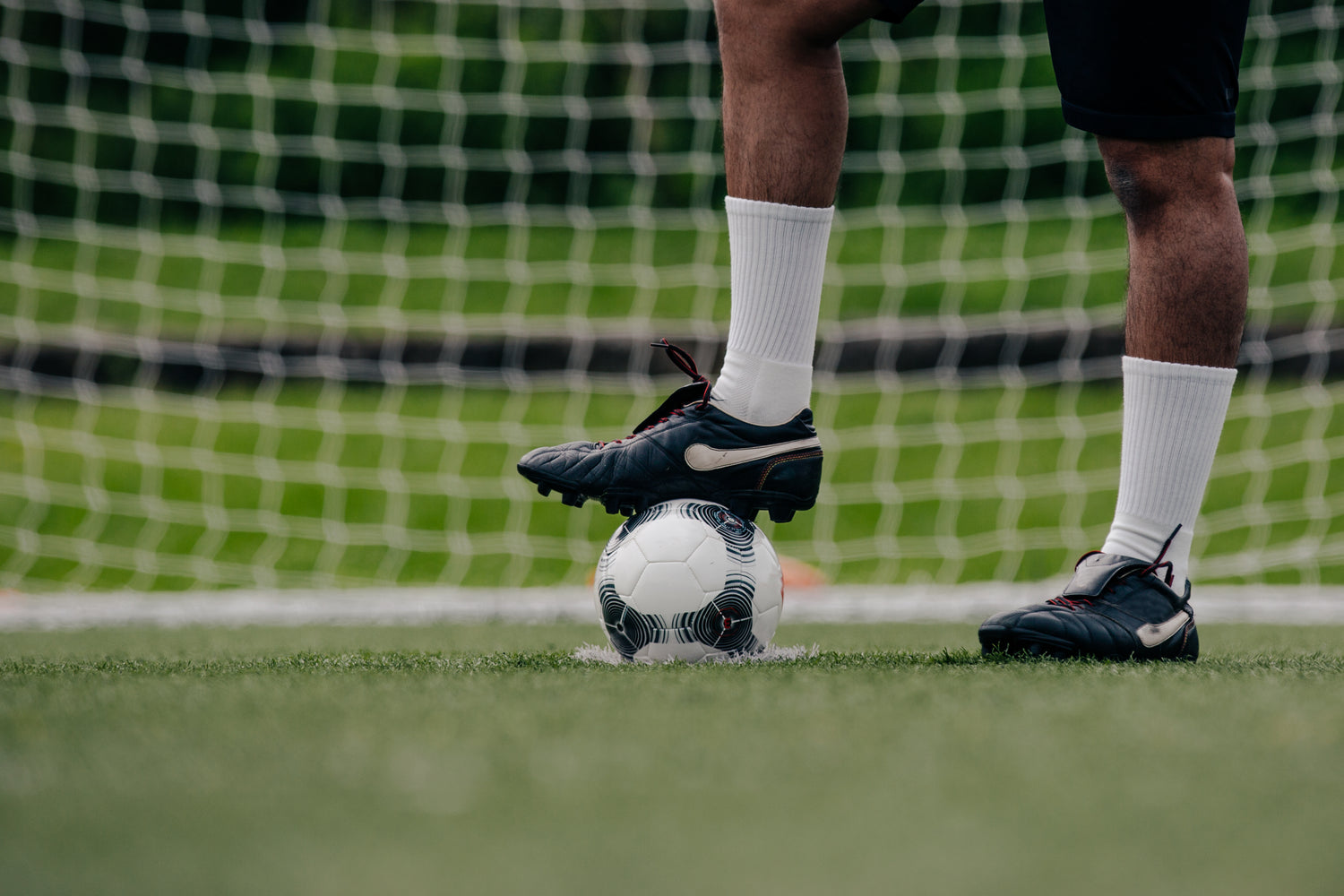Scientific Studies
Cordyceps Mushroom

Scientific Study
Intense Exercize
Study type:
Randomised, double-blinded, placebo-controlled clinical trial
Purpose:
To determine the effects of Cordyceps militaris on high intensity exercise in healthy adults
Dose:
4 g/day of mushroom blend containing Cordyceps militaris (3 x 1.3 g capsules) or placebo (4 g of maltodextrin)
Participants:
28 recreationally active adults aged 18-35 years for Phase 1 (week 1); 10 volunteered to complete phase II (additional 2 weeks).
Duration:
1-3 weeks
Results:
The study revealed that one week of supplementation with Cordyceps militaris did not lead to significant improvements in performance compared to the placebo. However, during a three-week period of taking the supplements, the researchers noticed that the participants' maximal oxygen consumption improved. This means that their aerobic capacity, or their body's ability to perform endurance activities, improved.
There were also indications of potential improvements in the ventilatory threshold and time to exhaustion, indicating improved endurance and the ability to sustain higher exercise intensities for a longer duration. These findings suggest that longer-term or chronic supplementation with Cordyceps militaris may benefit exercise performance.
Year:
2016
Link:

Scientific Study
Performance
Study type:
Double-blinded, placebo-controlled, prospective clinical trial
Purpose:
To examine the effect of cordyceps sinensis on exercise performance in healthy elderly subjects.
Dose:
999 mg/day of cordyceps sinensis (3 x 333 mg capsules) or placebo
Participants:
20 males and females, aged 50-75 years
Duration:
12 weeks
Results:
After 12 weeks of cordyceps sinensis supplementation, there was a significant 10.5% increase in the metabolic threshold and an 8.5% increase in the ventilatory threshold. The metabolic threshold represents the point during exercise when the body starts using more anaerobic energy due to insufficient oxygen supply, leading to fatigue. The ventilatory threshold represents the point when the breathing rate increases to meet the increased oxygen demands of the muscles, allowing for better endurance during exercise. These improvements in both thresholds indicate an enhanced ability to sustain higher levels of exercise intensity.
These improvements were not observed in the placebo group, suggesting that cordyceps sinensis supplementation specifically contributed to the enhanced thresholds. On the other hand, no notable changes were observed in the maximum oxygen uptake, maximum heart rate, maximum work rate, or maximum ventilation in either group when compared to baseline.
Year:
2010
Link:

Scientific Study
Exercize
Study type:
Rodent study
Purpose:
To evaluate the effect of Cordyceps sinensis supplementation on exercise endurance of rats.
Dose:
200 mg/kg body weight of Cordyceps sinensis mycelia powder or control
Additional intervention:
The exercise groups were subjected to swimming training for 15 days (6 days a week)
Duration:
15 days
Results:
Cordyceps sinensis treatment with and without exercise significantly improved swimming endurance in rats, by 2.9-fold in rats who exercised and 1.79-fold in rats who did not exercise, compared to placebo rats. Additionally, the study found that treatment with Cordyceps sinensis resulted in increased expression of skeletal muscle metabolic regulators. These regulators are proteins and enzymes that help regulate important metabolic processes within muscle cells, indicating an enhancement in the metabolic activity of the muscles. These findings suggest that Cordyceps sinensis supplementation can improve muscle performance and metabolic regulation, even without exercise, providing molecular evidence of its beneficial effects.
Year:
2011
Link:

Scientific Study
Physical Fatigue
Study type:
Rodent study
Purpose:
To investigate the effect Cordyceps militaris polysaccharide on physical fatigue induced in mice through a forced swimming test.
Method of evaluation:
The mice in all groups underwent the forced swimming test 30 minutes after the final administration of Cordyceps militaris. The mice were considered fatigued when they were unable to reach the water surface to breathe within a 7-second period, which served as an indicator of swimming capacity.
Dose:
40, 80, 160 mg/kg body weight/day of Cordyceps militaris polysaccharide or control (drinking water)
Duration:
28 days
Results:
The study found that Cordyceps militaris polysaccharide has anti-fatigue properties and can lower serum urea nitrogen (UN) levels. During intense exercise, the body breaks down proteins and amino acids to produce energy, which increases UN levels. However, the study found that Cordyceps militaris polysaccharide can reduce the breakdown of proteins, leading to lower UN levels. This suggests that Cordyceps militaris polysaccharide may delay physical fatigue by preserving proteins and slowing down the onset of exhaustion.
Additionally, Mice treated with Cordyceps militaris polysaccharide at doses of 40, 80, and 160 mg/kg body weight exhibited significantly longer exhaustive swimming times, with increases of 29.81%, 45.22%, and 70.39% respectively compared to the control group.
These findings indicate that Cordyceps militaris polysaccharide holds potential as a new functional food or medicine for combating fatigue.
Year:
2016
Link:

Scientific Study
Physical Fatigue
Study type:
Rodent study
Purpose:
To investigate the effects of cordycepin (a principal active ingredient from Cordyceps militaris) on physical fatigue in mice.
Dose:
20 and 40 mg/kg of cordycepin or 500 mg/kg of taurine (a commonly used dietary supplement to relieve fatigue) or control (saltwater)
Duration:
28 days
Results:
The study found that both the 20 mg/kg and 40 mg/kg doses of cordycepin significantly increased the swimming time of weight-loaded mice. Taurine also exhibited a positive effect. Furthermore, cordycepin was found to reduce levels of lactic acid, which is associated with fatigue and muscle soreness following intense physical activity. Moreover, cordycepin increased the levels of energy metabolites (compounds involved in energy production) and antioxidants such as superoxide dismutase, glutathione, and NADP+. These findings suggest that cordycepin may alleviate fatigue by enhancing energy production, regulating energy metabolism, and increasing antioxidants.
Year:
2022
Link:
